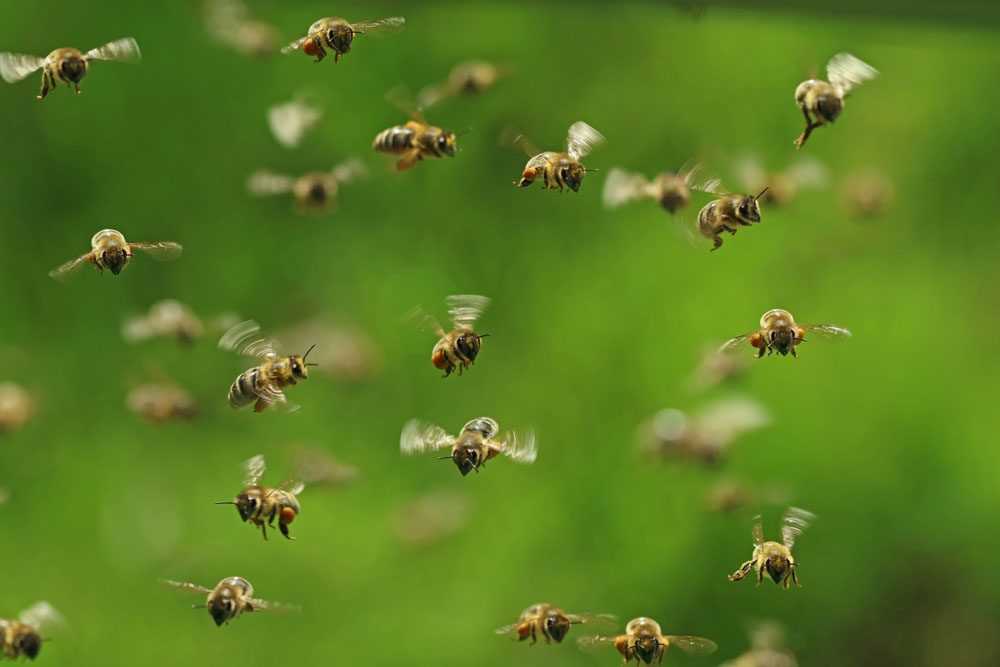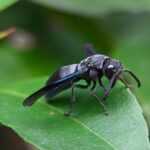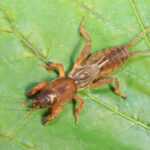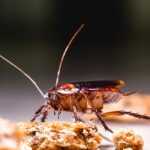While the sight of swarming bees can be frightening, the knowledge behind why bees swarm can go a long way toward calming any panic, as well as giving an idea of what to do in case one of these clumps of resting bees is sighted. Bees live in hives that consist of a queen, thousands of sterile workers, and a few male drones. The queen is the only re-productively viable female and after she selects a colony she will spend the remainder of her life laying eggs and producing new workers for the hive. When the hive becomes too large, the old queen will leave to find a new nest, leaving a new queen behind. A portion of the hive’s workers will accompany the old queen as she searches for a new location, acting as a guard. While bees can usually fly for long distances without rest, queen bees are large and ungainly. The clumps of swarming bees reported occur when the worker bees accompany a resting queen. The swarm is not idle while this occurs, however–scouts will still be sent out to search for a suitable home.
How Should You Handle a Swarm of Bees?
If a bee swarm is sighted, the most important thing to do is leave it alone. While swarming bees are not particularly aggressive they will still sting when disturbed. DIY attempts at removal or destruction have ended poorly for all involved. Additionally, if the bees in question are Africanized honey bees, they can be aggressive even when swarming. Bees are a vital part of the food chain, and they should not be sprayed with a pesticide. Instead, look up a local beekeeping group or ask a licensed pest control professional for information about local beekeeping groups or beekeepers. These organizations are practiced at safely removing and rehoming bee swarms.
Swarming bees may be a startling sight but they are a relatively benign part of the life cycle of a hive. A cool head and the correct information will help both the observer and the bees to ensure that nobody is hurt and that an important part of the agricultural world remains safe on its way to a permanent home.
Contact PURCOR for Bee Removal in the Northwest
When you need help with bee control and removal, call PURCOR today. Our pest control experts can send someone out to safely and humanely get rid of bees and help protect your property. Contact us to request your free quote!
"*" indicates required fields
"*" indicates required fields




